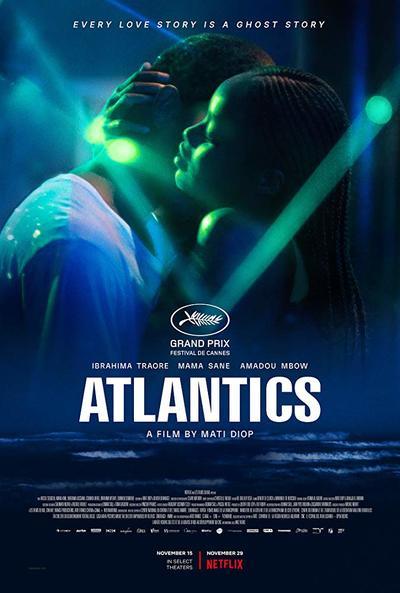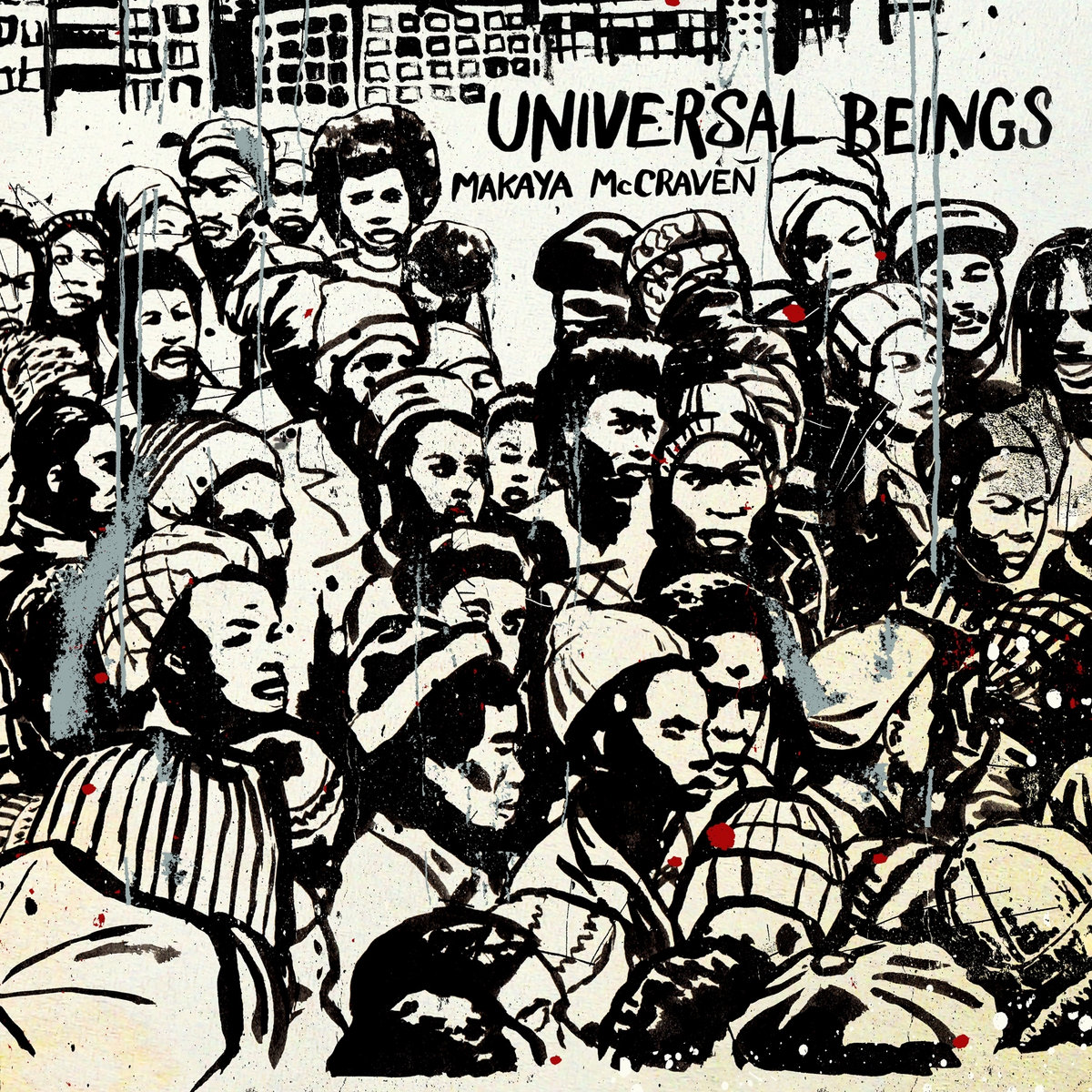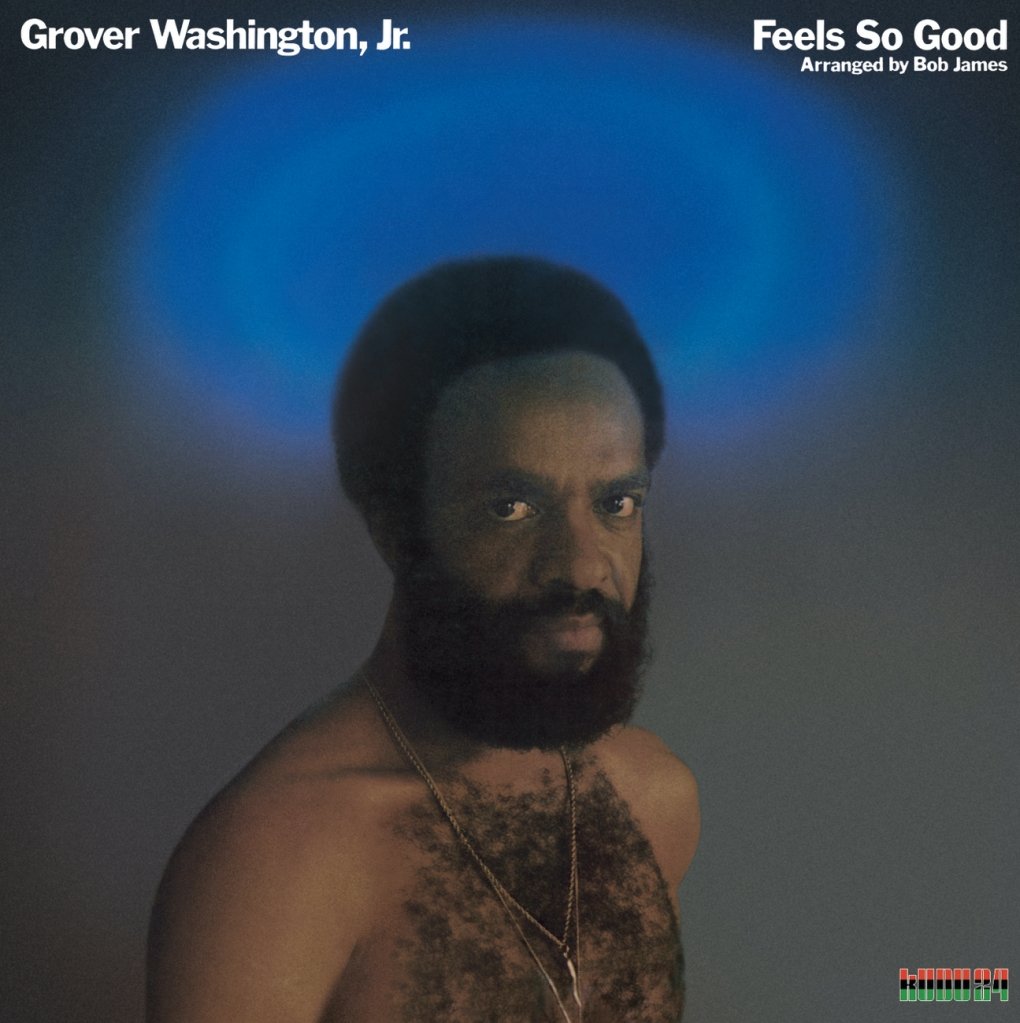Bloomsbury have opened the door to another round of submissions for the fine 33 1/3 series. When I was preparing my proposal for the Portishead book, I read -- extensively -- the commentsthreads on the series blog, and I thought it would be fun and fair, now, to post something on my experience of the process for whatever benefit it might be to others.
David Barker, the series director, has given me the okay to post the proposal itself, so for those simply seeking to take a look, here it is. What follows below are a few tips from my experience. I should say at the outset that the latest call for proposals has a few subtle differences, so YMMV.
Pick an album that means something to you
This might seem obvious. But if you’re in this because you want to have a book published and you’re now trying to pick an album that will give you the highest chance of publication, stop. You’re not only unlikely to succeed, but you’re also highly unlikely to be able to produce 30,000-40,000 words -- let alone interesting words -- on the subject.
That isn’t to say that you shouldn’t be struggling to choose. Dummy didn't immediately suggest itself to me. I'd wanted to write one of these books for years -- actually since the series first started out in 2003 -- and I had a few albums in mind. I knew it was going to be one of the albums that represented a kind of 'coming of age' period of my life, which would have included Neneh Cherry's Raw Like Sushi, Massive Attack's Blue Lines, and Soul II Soul's Club Classics Vol. 1, among quite a few others.
But for most of those albums I think I had been too young at the time of their release to understand their full cultural place: where they came from, what they meant, and what happened to them. My emotional connection with those albums was much more about my adolescence and what music had meant to me at the time, rather than about the album itself.
The result would have been a book somewhat more about my teenage years which -- though others in the series have been very successfully executed from a personal perspective -- was not something I'm smart enough to make interesting to others.
Still: some kind of emotional connection to the album was core. Dummy somehow reverberated more than those albums -- or at least, differently. I was slightly older at the time of its release; and I had grown up in England but was living in California when I first experienced the album. Perhaps that shift in perspective -- how the album’s odd, avant-garde edges intersected with my experience of expatriation -- was what made it emotionally compelling to me.
In any event, there's simply no way I could have handled listening to this album as many times as I have, if I had not loved it at some level that was basically beyond reason. I think it has to be an album that has fused with your life in some way, and the process of writing the book is the process of understanding what exactly the hell happened, how it happened, and what it means. You can't fake that.
Pick an album that means something to others. Lots of them.
I suspected that my chances of getting the proposal accepted would be increased significantly if I was pitching something popular -- not necessarily on a mass level but at the very least with a core, dedicated niche demographic. More possible readers. There are a bunch of albums that were important to me like Dummy is important to me, but many of them are more obscure, or indeed are jazz albums (the series doesn't accept proposals on jazz albums). There needs to be some consideration of commercial appeal, I think. It can't be an album that nobody knows, regardless of how brilliantly you can write about it. Unless you’re a world-famous author.
Be distinctive
The proposal guidelines and comments suggested to me that the fine people at Continuum were not looking for conventional, thorough, dependable books about innovative, original, game-changing albums. They were looking for books that were every bit as unique, striking, and winning as books as the albums are as albums. That's why the series includes some experimental books (thematically, structurally), and some unique approaches (novellas, extended interviews, oral histories, ...).
In the quest to be distinctive, I went after two angles that I took to be unique, which leads me to two other tips:
Embrace constraints
Portishead are famed for their reluctance to speak to media -- in particular singer Beth Gibbons gave only five interviews, all early in the band’s career, and has since sworn off any media contact at all.
Knowing that the band would probably decline to be involved in the book, my proposal suggested that I would crowd-source content from the album's fans. I thought there was something compelling and original in this; I had just read Clay Shirky’s Here Comes Everybody; and I thought the approach would give me a huge wealth of stunning material that would transform the creative act of the book from thoughtful (but conventional) critique to successfully curating, integrating, and editing a world of voices.
Not so much. Although I packed as much research as possible into the book’s gestation, it still wasn't really enough time to get this done in a way that I would have considered meaningful, although Daphne Carr took this approach, extremely successfully, for her great book on NIN. I did get some fantastic material from the album's listeners, but I tended to go deep on a few reactions, instead of flooding the book with hundreds of voices, which had been my original idea.
As it turned out, Portishead are not nearly as media-averse as I assumed, and I found some great interviews from the Dummy and Portishead era. Moreover I was blessed with extensive involvement from Dave McDonald -- Dummy’s sound engineer and the early band's “fourth member” -- who agreed to an interview as “probably the last time I’ll talk about this.” And Tim Saul, a longtime friend and collaborator of Geoff Barrow -- and part of Earthling -- was similarly generous with his time and insights.
Still: I did of course reach out to the band, who declined to be involved with the book, initiating levels of anxiety on my part (will they like it? did I get everything right?) that are not likely to abate.
Be bold
For structure, I wanted a book that would work like some obscure books I adore -- Michael Ondaatje’s Coming Through Slaughter; D J Waldie’s Holy Land -- where disjointed fragments are assembled together to form a cumulative picture. This was, admittedly, an approach already taken by an amazing book in the series, Douglas Wolk’s volume on James Brown’s Live at the Apollo.
This approach worked out really well, and is I think central to the final manuscript that evolved as somewhat associative, free-form, and, of which, where it works properly, I am rather proud.
Think about how you’re going to answer some big questions
Now, I didn't refer to the proposal more than once or twice while I was writing. And for the last 6 months or so, I didn't look at it at all. But the final book came out remarkably close to my original intentions. I read the proposal again when I had finished the book, and was actually shocked how close I had stayed to it. We didn't have to change the back-cover copy at all. I think that's because I thought hard about a few basic, basic questions while writing the proposal.
- Why do I care about this album?
- Why do I care about music? Why do I write about music? What has music meant to my life?
- What do I have to say about this album that would meaningfully add to someone's experience of it?
- What do I have to say about music that hasn't been said by a hundred other people, better than I could ever say it?
In short:
Why have I given a chunk of my life to thinking and writing about music -- and why do I think it's a good idea to continue doing that?
Those are some pretty big questions, and -- and this is critical -- you don’t have to answer them before you write your proposal. (In fact you probably shouldn’t, because if you do then you won’t have the curiosity and energy left to drive you through the book.) But at least thinking about the shape of those questions for you will lead, I think, to a compelling pitch. Because the answer, if honest, can only be personal, which means that it’s more likely to be distinctive.
You shouldn’t be writing one of these books because you’re interested to know more about how the album was produced; what the musicians ate for lunch; or how the financing was arranged.
You should be writing one of these books because you can see how to use those details in the service of a statement of why the experience of music has altered your life.
I didn’t know the answers to those questions when I wrote the proposal -- but I do now. So here's the answer that is meaningful to me: music is strange. We aren't really in control of how we experience or understand it. It acts upon us, and changes us, and does so in ways that we don't completely understand while they're happening. And it does these things in ways that unite us with other people, again in ways that are strange and unpredictable and enrich our experience of life in remarkably unexpected ways. I think -- I hope -- that that idea comes out in the book. That experience of music has been really important to my life, and I think exploring it was worth the words, though god knows I used a lot of them.
I'm thrilled that the book mirrors and explores that perspective. It is a strange book: the structure is peculiar. The content is far-flung. And it explores those questions -- being socially united in our experience of music; feeling acted upon by music; being surprised and astonished and changed by music. I didn't know exactly that that was the book I was writing when I started, but I did know that those issues were interesting to me. And I knew that I'd have to write a unique book to explore them. I like to think that's why the pitch was accepted.
Prepare
So, in conclusion: figure out what album has most closely fused with your life. Then start to think about why. You may be surprised where it leads you. I ended up writing about tides, vampires, WW2 bomber aircraft, slavery, immigration, and a whole bunch of other stuff that I think, one way or another, informs what this album is and has come to be.
Oh -- and train your ears. Read -- at least -- Jay Hodgson’s Understanding Records and Greg Milner’s Perfecting Sound Forever.










